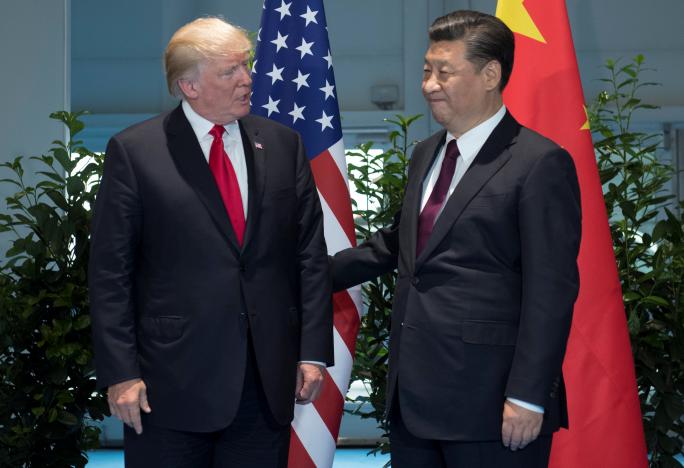China is all set to retaliate against America's decision to close China's Houston consulate by moving closer to shut the US consulate in Chengdu. The action comes after the U.S. refused to revoke the decision to close the Houston consulate.
China is said to have chosen to close the Chengdu consulate of the U.S. as it is considered as the most powerful among the five consulates of the U.S. in China, reported the South China Morning Post. The U.S. has consulates in Guangzhou, Shanghai, Shenyang and Wuhan apart from Chengdu.

Initial reports claimed that China is likely to retaliate by closing the Wuhan consulate. But as most of the staff there have vacated the office due to COVID-19 restrictions, it would not have much impact if China wants to make a point.
Why Target Chengdu Consulate?
China is said to have zeroed in on the Chengdu consulate in a move that is expected to escalate tensions between the two countries. The Chengdu consulate also has a history of rebellion that had led to a major change in China's political system. The location is also considered important as it covers important provinces including Sichuan, Yunnan, Guizhou, Tibet autonomous region, and Chongqing.
In a major incident that took place in 2012, Wang Wang Lijun, former police chief and vice mayor of Chongqing, entered the Chengdu consulate following a rift with Bo Xilai, the former chief of the Chongqing party. He is said to have spent 30 hours inside the U.S. consulate only to come out with strong evidence of Bo Xilai's wrongdoings.
This revelation that came through the Chengdu consulate led to Bo being sacked as chief of the party and he was awarded life sentence on charges of bribery, abuse of power and corruption. In addition, his wife Gu Kailai received a suspended death sentence on charges of killing British businessman Neil Heywood.
This revelation also led to the imprisonment of Wang, who was awarded 15 years of jail term on charges of misusing power, bribery and defection.
America's Intention Was to Provoke China?
Soon after the U.S. announced the closure of the Houston consulate of China, Wang Wenbin, spokesman for China's Foreign Ministry, said that the country was given 72 hours to close the consulate. He said that if America did not revoke its decision, China will react with firm countermeasures.
But reacting to the same, U.S. spokesperson Morgan Ortagus issued a statement that the action was to protect American intellectual property and Americans' private information. "The United States will not tolerate the (People's Republic of China's) violations of our sovereignty and intimidation of our people," the statement read.
The relationship between China and the U.S. soured following the blame game over the escalation of the COVID-19 situation. The U.S. had claimed that coronavirus was developed inside the Wuhan lab by China. This had angered China, which had sought proof from the U.S. for the claim, escalating the tension between the countries.









